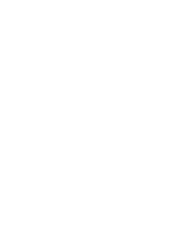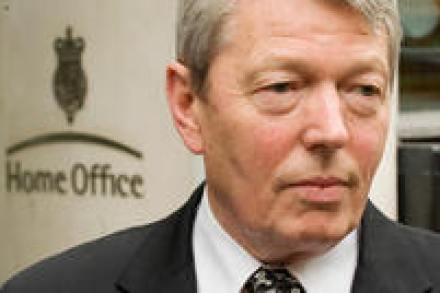Another example of why the US needs more troops in Afghanistan
The Wall Street Journal’s write up of its interview with the new US commander in Afghanistan, General McChrystal, demonstrates why more troops are needed in Afghanistan. The Journal concentrates on the suspicion among some in military circles that the Taliban are using the American emphasis on Helmand to strengthen their grip on Kandahar, the capital of the South and the Taliban’s traditional stronghold. The paper reports that the Taliban are setting up shadow government and court system there. However, McChrystal can’t move troops there until the planned reinforcements arrive as those deployed in Helmand ‘have already set up forward operating bases and recruited help from local tribal leaders, who have














